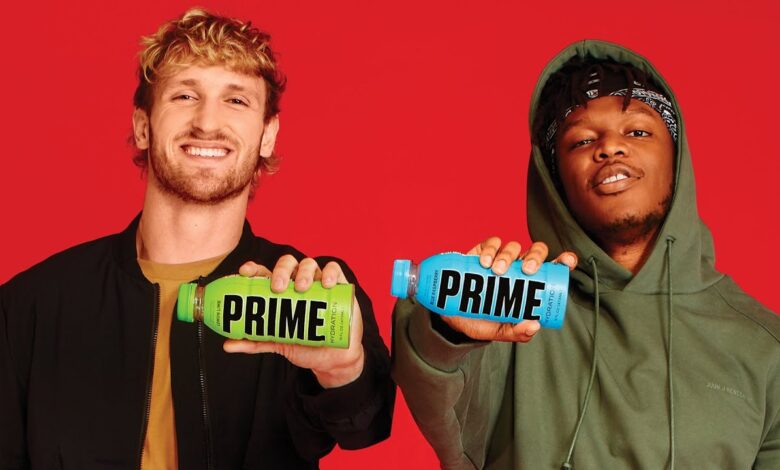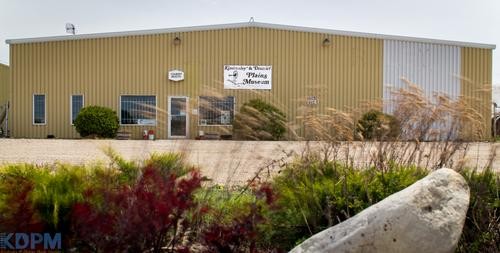
Prime Energy Drink Contains As Much Caffeine as Two Red Bulls
Prime, an energy drink brand created by YouTube stars Logan Paul and KSI, is facing potential investigation by the U.S. Food and Drug Administration (FDA). Senate Majority Leader Chuck Schumer has urged the agency to launch a probe into the company’s marketing strategies and caffeine levels. Expressing concern that Prime has become popular among children and teenagers, Schumer highlighted that the product contains more caffeine than many other stimulant beverages, including coffee, Coke, and Red Bull.
The FDA has acknowledged Schumer’s concerns and stated that it is reviewing the issues raised in his letter. The drink does carry a label advising against consumption by individuals under the age of 18; however, Schumer argues that the advertising campaign specifically targets this age group.
According to the product information on the company’s website, a 12-ounce can of Prime contains 200 milligrams (mg) of caffeine, which is equivalent to roughly six cans of Coke or almost two Red Bulls. In comparison, a typical cup of home-brewed coffee contains approximately 120 to 180 mg of caffeine.
Prime initially launched in the United Kingdom, where it was subsequently banned by some schools due to concerns about its impact on health. Pediatricians in the UK warned that youth who consumed the drink could experience heart problems, anxiety, and digestive issues.
While the FDA does not specify a caffeine limit for individuals under 18, the American Academy of Pediatrics advises against caffeine consumption by young people. The FDA generally recommends that adults limit their caffeine intake to about 400 mg per day, as this level is not typically associated with negative effects. However, the agency emphasizes that individuals may have different sensitivities and metabolic rates for caffeine.
Prime gained instant popularity when it was introduced, thanks to the endorsement of two prominent YouTube stars. Its launch sparked long queues in grocery stores and reports of a resale market among schoolchildren.
In response to the concerns raised, Prime spokesperson Alyx Sealy emphasized the brand’s commitment to consumer safety and expressed willingness to engage in discussions with the FDA or any other organization to address necessary industry changes. Sealy also highlighted that the company offers a separate caffeine-free sports drink called Prime Hydration.
Schumer, however, noted in his letter to the FDA that there is minimal discernible difference in the online marketing of the two drinks, leading many parents to mistakenly purchase the energy drink for their children, thinking it was a juice. He called for an investigation into the marketing content, claims made, ingredients, and caffeine content of the Prime energy drink.








































